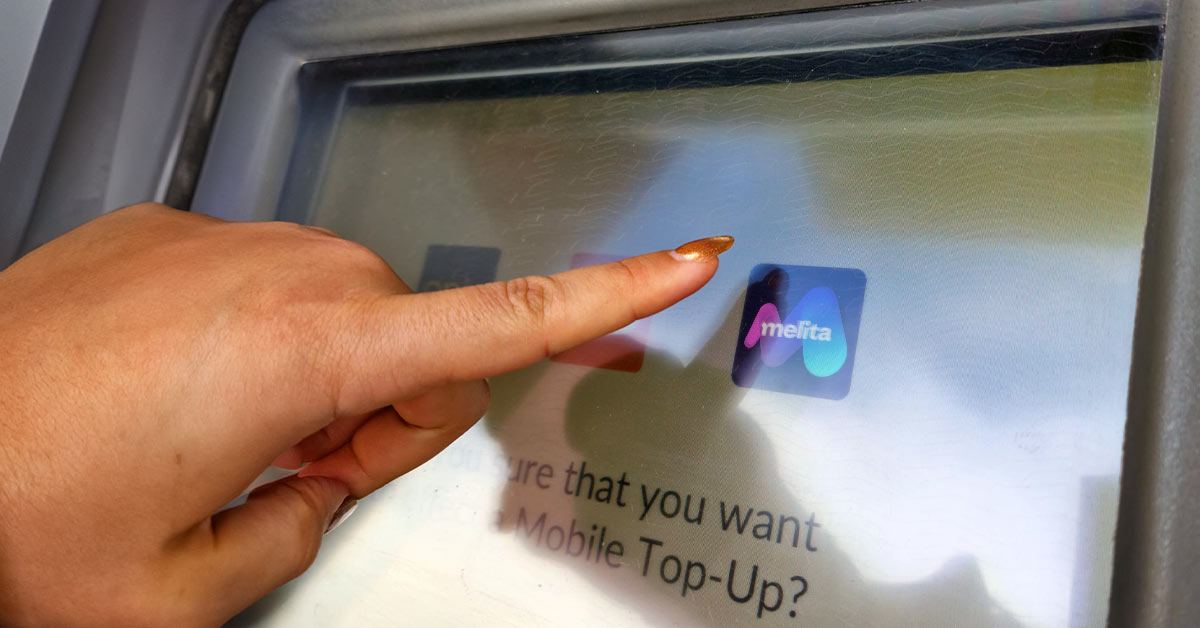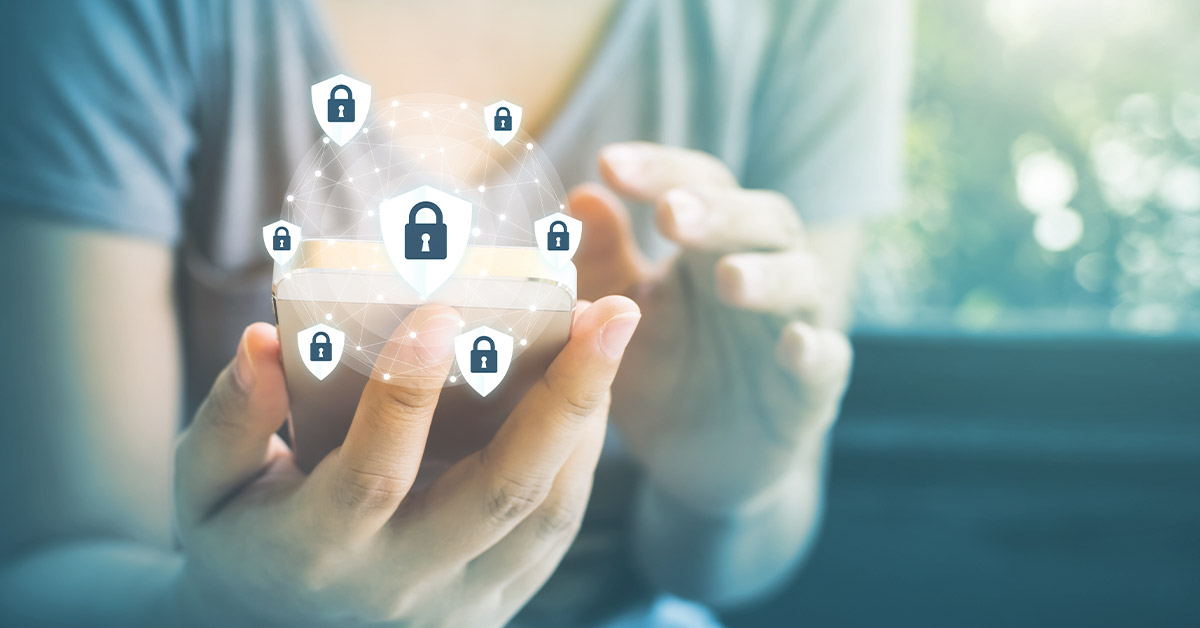
The Dawn of the Digital Age and the rise of mobile technology have revolutionised the world we live in. When the first smartphones were introduced, we were happy to be able to make calls and send text messages. Now, with incredible advances in technology and vast improvements in telecommunications and high speed services like 5G, you can do almost anything with the device that sits in the palm of your hand.
The Evolution of Mobile Phones into Smartphones
If you were to step back in time, you’d find that the first “portable” cell phone appeared on the scene in 1973. The Motorola DynaTAC 8000X weighed in at 1.08 kg and, after you charged it for 10 hours, it offered 30 minutes of talk time. 1989 saw the introduction of the flip phone and the first phone with a keyboard arrived in 1992.
With the introduction of the Apple iPhone in 2007, smartphones and apps ushered us into a new world that was alive with endless possibilities. Fast forward through the years, and we now have amazingly powerful foldable mobile devices with up to 5 cameras, AI enabled features and more.
Rising Smartphone Usage in Malta: A Statistical Overview
In 2023, statistics show that 85% of the people in Malta own a smartphone, and only a small 2% of the population do not use a mobile phone. In fact, since many people have multiple devices, the actual saturation for the mobile market in Malta is 160%.
Mobile data use is on the rise too, with the first 3 months of 2022 seeing a 51% jump in data from the same period one year earlier. Social media also reflects the prominence of these platforms and their near dominant influence in our lives. Per 2022 statistics, over 92 per cent of the “eligible” audience (those over age 13) use Facebook in Malta.
Smartphones: A Tool for Every Aspect of Life
The ecosystem of apps on the smartphone has created a world where nearly every service we need is at our fingertips, just a screen click away. We can reach out to friends and share instant communications, and videos showing exactly what is going on in our lives.
We can do our banking and deposit checks online, and send and receive money from friends in a flash. Every item available in the world is accessible through mobile shopping, and we can book hotels and excursions on our smartphones too. We also have access to a universe of entertainment, social media videos and streaming music libraries.
Artificial Intelligence in Mobile Technology
Artificial Intelligence (AI) will be responsible for a rapid acceleration in mobile technology features and capabilities. In mobile gaming, it’s being used to animate and add intelligence to non-player characters and enhance images to create a better entertainment experience. AI will also be able to analyze your preferences and improve your interactions with Virtual Assistants like Alexa and Siri.
AI integration into your smartphone camera will let you take professional quality photos, by enhancing auto-focus, exposure, lighting and image processing. These new technologies will be able to understand your needs and buying preferences, thus creating unique, tailored shopping experiences. By leveraging AI, banks will be able to employ predictive analytics to create a virtual financial advisor that is there to assist you.
The Role of Telecommunications Companies in the Smartphone Boom
Telecommunications companies like Melita have made the revolution in smartphone capabilities possible. The rapid rollout of robust communications infrastructure, coupled with affordable plans that offer high speed data access, has provided the superhighway that mobile apps and smartphones needed.
In 2009, Melita launched its 3G mobile network. This was followed by rapid advancements that led to the present moment, where ultra-fast 5G service can provide speeds up to 1,000 Mbps that will let you download a 1 GB movie in 8 seconds.
Smartphones and the Young Generation: A New Way of Living
The smartphone has reshaped and rewired a generation of young people. It’s estimated that adolescents spend over 7 hours a day on their phones. Among those ages 12 to 17, texting is the primary method of communication, far preferred to face to face interaction.
Apps like TikTok are shortening attention spans, and affecting memory and concentration too. Experts say that if you want someone to watch your TikTok video, it should only be 8 seconds long. These generational shifts in behaviour began in 2012 when smartphones began to fully saturate the marketplace.
The Dark Side of the Mobile Revolution: Smartphone Addiction
The omnipresence of smartphones in our lives is undeniable. It seems that from the moment we wake up in the morning, we instinctively reach for our devices, eager to catch up on what happened during the night. And it’s no surprise that many of us also feel the need to check our phones before bedtime. The global pandemic served to intensify our already insatiable bond with these mobile devices, resulting in a staggering 39% increase in the amount of time we spent on our smartphones in 2020.
With such pervasive smartphone usage, it’s natural to wonder if we have become addicted. The statistics certainly point in that direction. On average, individuals pick up their smartphones a staggering 58 times a day. Moreover, around 66% of the population shows symptoms of nomophobia, a condition characterized by the fear of being disconnected from mobile phone connectivity. Astonishingly, in a survey, 20% of respondents claimed they would not leave the house without their mobile devices.
While it may be tempting to conclude that addiction is at play here, it’s important to approach this issue with a sense of nuance. The prevalence of these behaviors doesn’t necessarily mean that everyone is addicted. However, it does raise concerns about the potential addictive nature of smartphones and the impact they have on our lives.
The intense level of online connectivity, though intended to bring us closer together, comes at a cost. Many have come to realise that our dependence on mobile phones has, in fact, led to increased distance and loneliness. Instead of engaging in face-to-face conversations with those physically present, people often opt to chat with individuals thousands of kilometers away. This growing detachment from reality is just one facet of the dark side of the mobile revolution.
Additionally, the negative consequences extend beyond social and communication problems. Mobile phones can be major distractions while driving, posing risks to both the driver and others on the road. Excessive smartphone usage has been linked to various health issues, sleeping problems, feelings of isolation, anxiety, and privacy concerns. The dark side of the mobile revolution delves much deeper than we may initially realize.
It is crucial for us to approach this topic with a sense of awareness and balance. While smartphones have undoubtedly revolutionized our lives in many positive ways, it is essential to recognize the potential pitfalls and actively work towards finding a healthy balance between our virtual and real-world interactions.
Steps Towards a Balanced Digital Lifestyle
One of the most important tips for maintaining a healthy digital balance is to set boundaries for yourself. This might mean limiting your screen time each day or turning off your phone during certain hours. Another strategy is to prioritise real-life interactions over digital ones whenever possible. Make an effort to connect with friends and family in person rather than relying solely on text messages or social media posts. Other tips include staying active and getting outside regularly, practising mindfulness meditation or yoga to reduce stress and anxiety, and making time for hobbies and activities that don’t involve technology.
The Future of Smartphones: What’s Next in Mobile Technology
So what does the future look like in terms of mobile app development technologies? Virtual reality, IoT-enabled healthcare, wearables and a rise in connected homes and vehicles are going to be at the forefront of advancements. And all of this will be made possible with the widespread introduction of 5G and AI capabilities. These technologies will open the doors to even more possibilities and advancements but with them comes a dark side like we’ve just discussed. Will it cause us to become even more isolated and socially awkward?The answer depends on whether we embrace these developments in a responsible way.
Final Thoughts: Embracing the Mobile Revolution Responsibly
The statistics on mobile phone usage in Malta reveal the concerning reality of addiction. It is a problem that cannot be ignored, as it carries the potential to reshape human interaction in a negative way. The fear arises: will we become a society that favors texting over personal conversations over a cup of coffee? Are online chat rooms and augmented reality settings destined to replace traditional social hangouts for future generations? These possibilities loom before us, but there is hope. We must strive to strike a balance between embracing the mobile revolution and maintaining a healthy lifestyle. Adolescents, for instance, can utilise online platforms to nurture and sustain friendships, especially during long absences caused by factors like studying abroad or enforced separation, such as during a pandemic. By recognising the potential pitfalls of mobile addiction and actively taking steps to prevent it, we can shape a future where technology enhances our lives without overshadowing the genuine connections and experiences that make us human.






